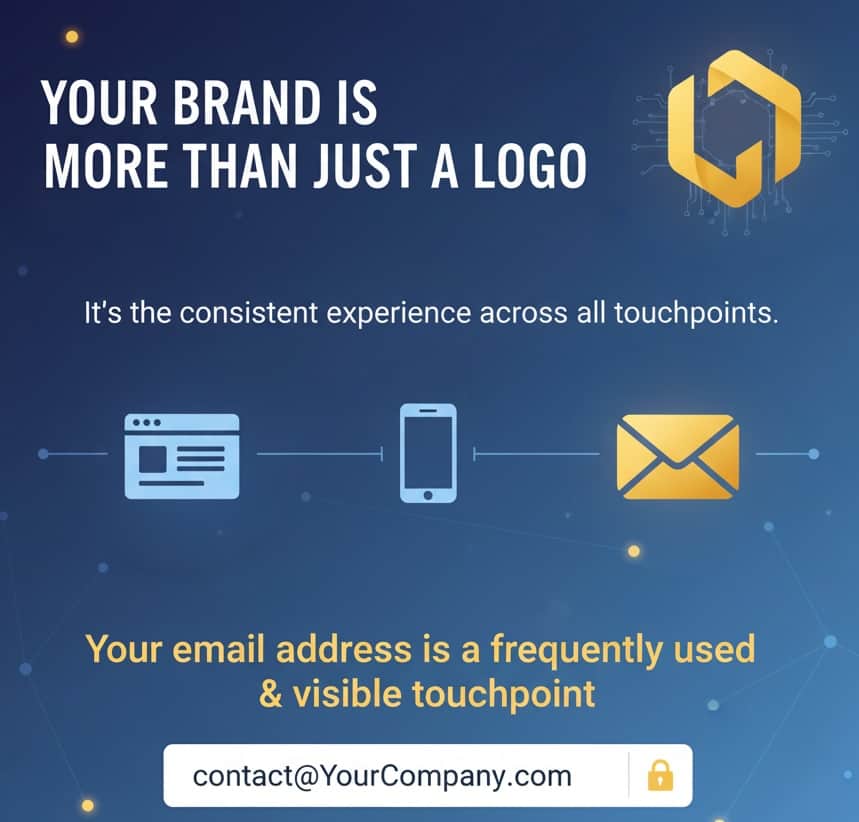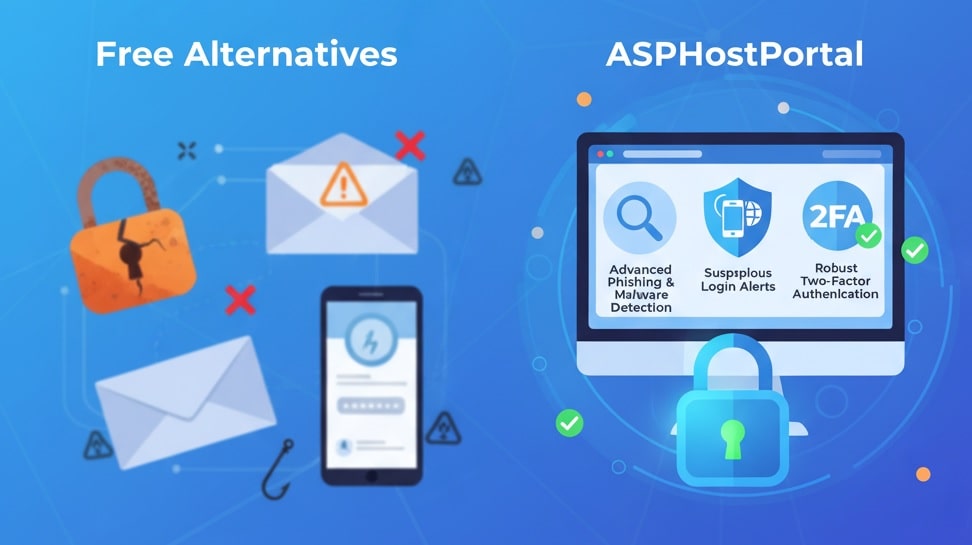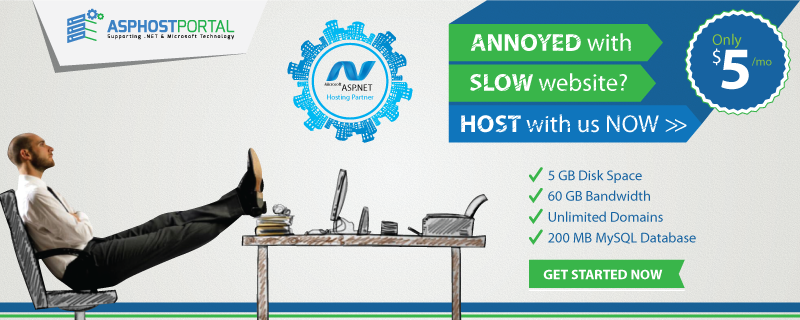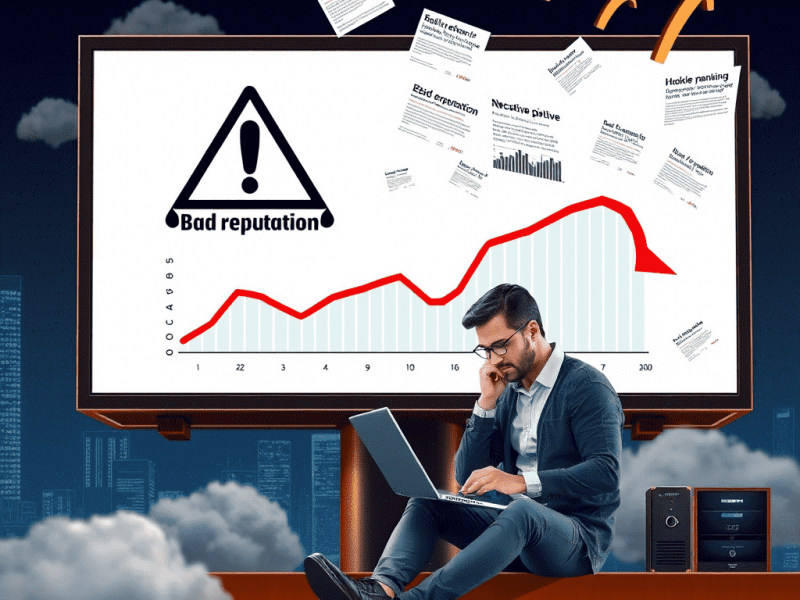In the vast, competitive landscape of the internet, your online business lives and dies by its first impression. You’ve spent countless hours perfecting your website, curating your social media, and refining your products or services. But what about your email address? If you’re still using an address like [email protected] or [email protected], you might be unknowingly sabotaging your own success.
The truth is, a business email—one that uses your custom domain, like [email protected]—is no longer a luxury. It’s a foundational pillar of a professional online presence. It’s the digital equivalent of a brick-and-mortar storefront versus a pop-up tent in a car park.
This comprehensive guide will explore why a professional email address is non-negotiable for any serious online business in 2025, diving deep into credibility, branding, security, and marketing deliverability.
1. Build Unbreakable Trust and Professional Credibility
Imagine two emails land in your inbox. One is from [email protected]. The other is from [email protected]. Which one immediately feels more legitimate?
For 9 out of 10 people, the second email inspires more confidence. This isn’t just a feeling; it’s a crucial psychological trigger for potential customers.

- Legitimacy and Permanence: A generic email from a free service like Gmail or Outlook screams “temporary” or “hobby.” It suggests the business might not be established or serious enough to invest in its own domain. A custom email domain, on the other hand, signals that you are a legitimate, registered business that plans to be around for the long haul.
- First Point of Contact: Often, an email is the very first direct interaction a potential client has with your brand. A professional email address sets a tone of competence and seriousness from the outset. It removes any initial friction or doubt, allowing the customer to focus on your message, not on whether your business is real.
- Avoiding Scams: Consumers are more digitally savvy than ever. They are constantly warned about phishing scams and fraudulent businesses that use free email accounts. By using a business email, you immediately differentiate yourself from spammers and scammers, making clients feel safer engaging with you and sharing their information.
2. Reinforce Your Brand with Every Email You Send
Your brand is more than just a logo; it’s the consistent experience you provide across all touchpoints. Your email address is one of the most frequently used and visible touchpoints you have.
Think of it this way: every single email you send is a marketing opportunity.
- Constant Brand Exposure: When your email is
[email protected], you are reinforcing your brand name and website with every message. The recipient doesn’t have to guess your website URL; it’s right there in your email address. This subtle, consistent marketing strengthens brand recall and makes it easier for customers to find you online. - Brand Consistency: Your website is
janescustomcakes.com, your Instagram handle is@janescustomcakes, so why should your email be[email protected]? This inconsistency creates a disconnect and cheapens the professional brand identity you’ve worked so hard to build. A professional email address ties your entire digital presence together into one cohesive, memorable brand.

3. Dramatically Improve Email Deliverability and Marketing Efforts
This is arguably the most critical technical reason to switch to a business email, especially if you engage in email marketing. Internet Service Providers (ISPs) and email clients like Google and Microsoft are in a constant war against spam. Their filters are incredibly sophisticated, and one of the biggest red flags they look for is bulk email coming from free, generic domains.
- Escape the Spam Folder: When you send marketing newsletters or even important client communications from a
@gmail.comaddress, you have a much higher chance of being flagged as spam. Why? Because you can’t properly authenticate that you are who you say you are. - The Power of Authentication (SPF, DKIM, DMARC): Professional email providers allow you to set up crucial email authentication records on your domain:
- SPF (Sender Policy Framework): Specifies which mail servers are allowed to send email on behalf of your domain.
- DKIM (DomainKeys Identified Mail): Adds a digital signature to your emails, verifying they haven’t been tampered with.
- DMARC (Domain-based Message Authentication, Reporting & Conformance): Tells receiving servers what to do with emails that fail SPF or DKIM checks.
Setting these up is impossible with a free email service but standard practice for a secure business email. The result? ISPs trust your emails more, leading to significantly higher deliverability rates. Your messages land in the inbox, not the junk folder.
4. Enhance Security and Protect Your Valuable Business Data
Free, personal email accounts are prime targets for hackers. They often have weaker security protocols and are part of massive data breaches. A business email account, especially through a dedicated provider, offers a fortress of security features.

- Advanced Security Protocols: ASPHostPortal offer features like advanced phishing and malware detection, suspicious login alerts, and robust two-factor authentication (2FA) that are far superior to free alternatives.
- Centralized Admin Control: As a business owner, you have full administrative control. You can enforce security policies, such as requiring strong passwords or 2FA for all employees. You can also monitor for security threats from a central dashboard, something that’s impossible when your team is using a mishmash of personal accounts.
5. Maintain Control and Ownership of Your Business Communications
What happens when an employee who uses their personal [email protected] for work leaves your company? All of their client correspondence, contacts, and crucial business data walks out the door with them. You have no access, no control, and no way to ensure a smooth handover.
This is a massive liability for any business.
With a business email system, the company owns the accounts. When an employee leaves, you can:
- Immediately change the password and secure the account.
- Forward all incoming emails to a new employee.
- Access the entire email history for business continuity.
- Delete the account when it’s no longer needed.
This ensures that your business data, client relationships, and intellectual property remain securely under your company’s control.
How to Set Up Your Professional Business Email
Convinced? The good news is that setting up a business email is easier and more affordable than ever.
- Secure a Domain Name: If you don’t already have one, purchase a domain name from ASPHostPortal. This will be your website address and the foundation of your email (e.g.,
yourbrand.com) - Choose a Business Email Provider: As explained above, we provide business email for your needs. Our business email start from $2/month.
- Link Your Domain and Create Accounts: Your chosen provider will walk you through the process of verifying that you own your domain (usually by adding a few records where you bought the domain). Once verified, you can create your email addresses like
[email protected],[email protected], or[email protected].
Final Thoughts: The Small Investment with a Massive ROI
In the digital age, cutting corners on your professional image is a mistake you can’t afford to make. A free, generic email address projects an amateur image, harms your marketing efforts, and puts your business at security risk.
A business email is a small, essential investment in the foundation of your online business. It builds trust, reinforces your brand, protects your data, and ensures your important messages reach your customers. Stop letting a generic email address hold your business back. Make the switch today and start building the professional, credible brand you deserve.

Javier is Content Specialist and also .NET developer. He writes helpful guides and articles, assist with other marketing and .NET community work



